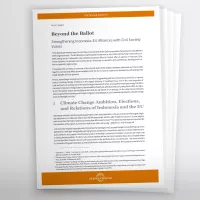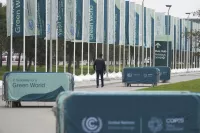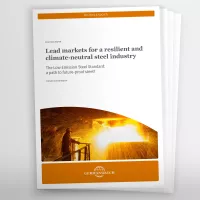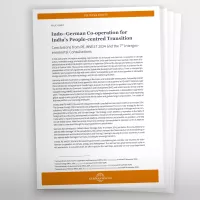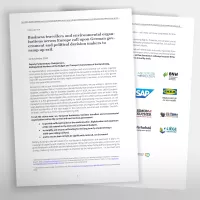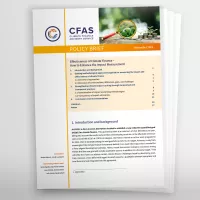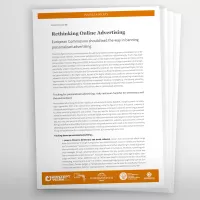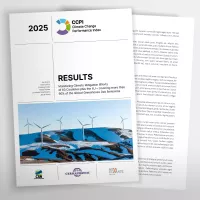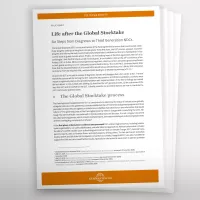
The first Global Stocktake revealed that global efforts to limit warming to 1.5°C are insufficient, with COP29 failing to deliver significant progress. Now, it is high time for policymakers to correct course through concerted efforts. We explain the GST process and the political dynamics around it at COP29 and present six key steps for the route to third generation NDCs.

